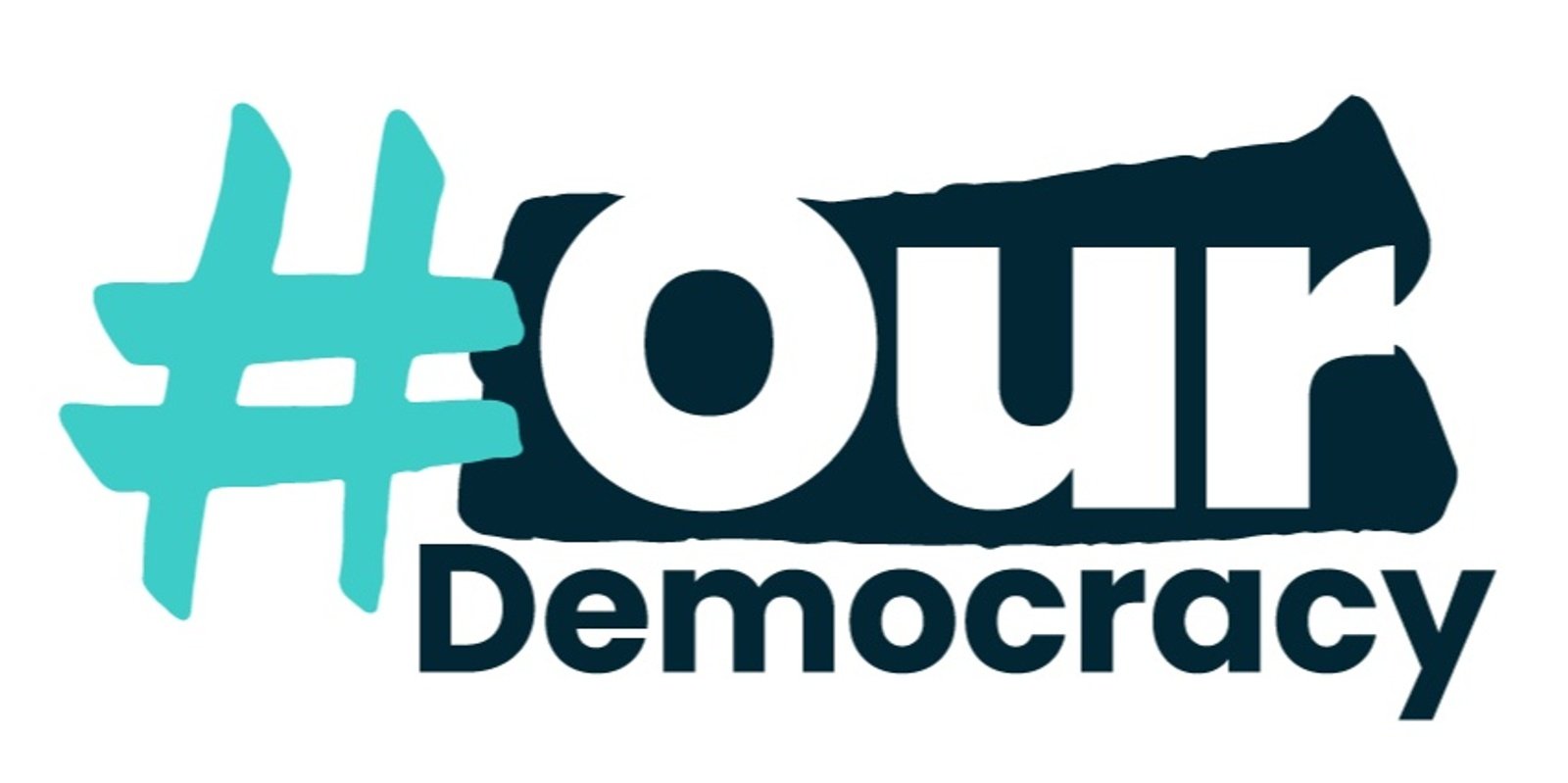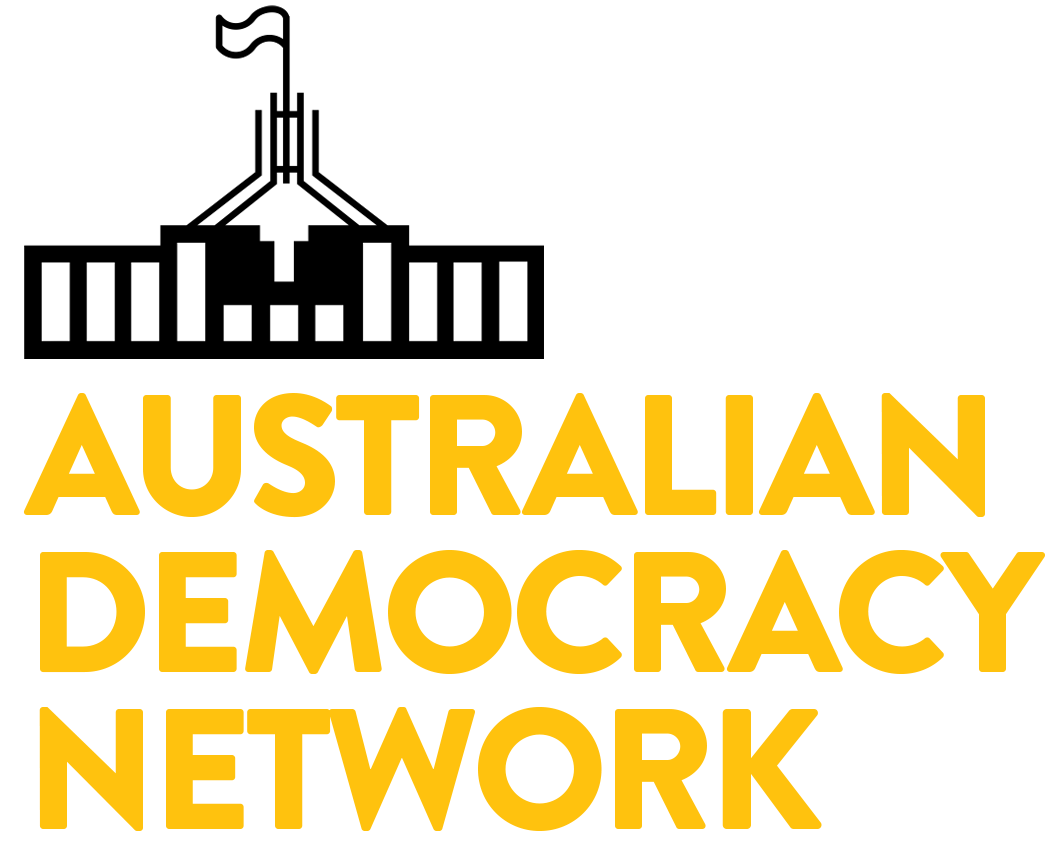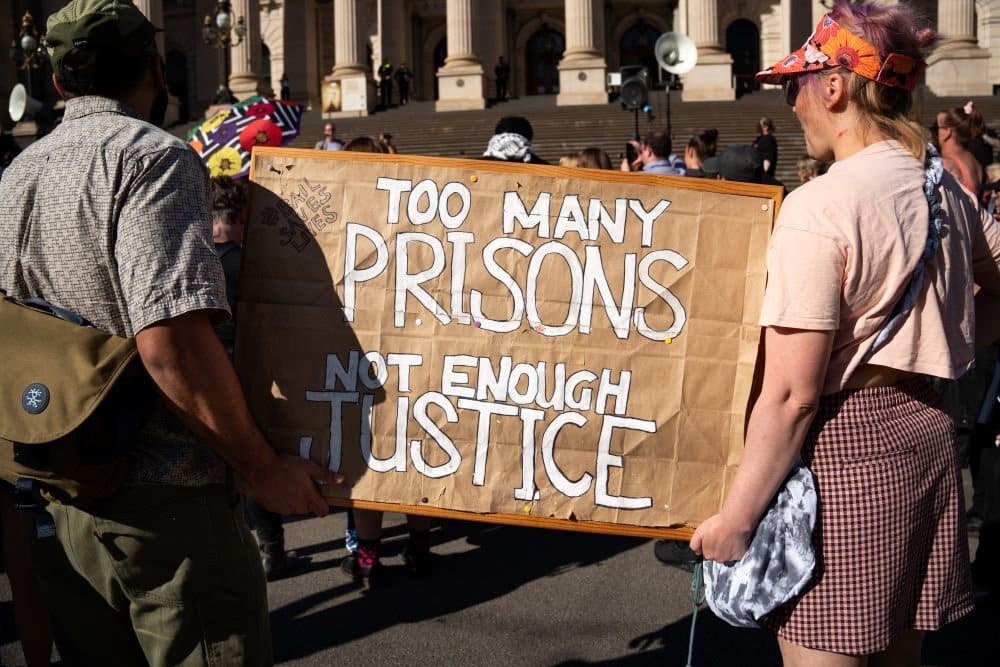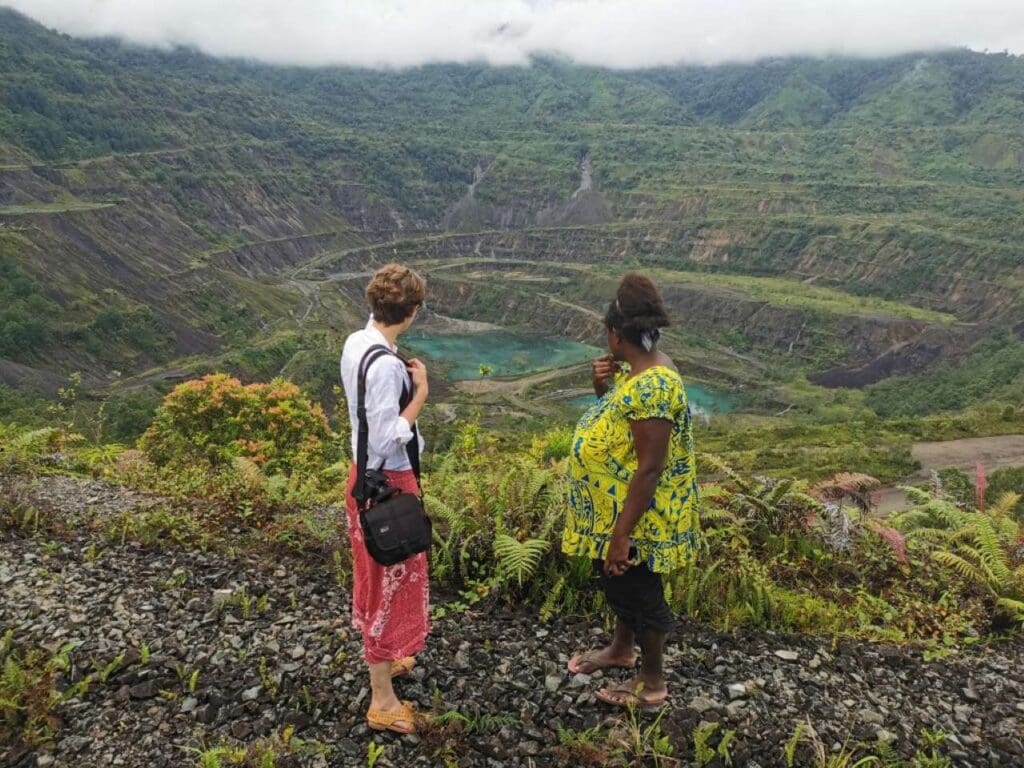Albanese Government should stop selling out Australia’s democracy to lobbyists
A coalition of civil society organisations, which includes the Human Rights Law Centre and the Australian Democracy Network, are calling on the Albanese Government to overhaul lobbying laws and ensure our politicians are accountable to the people, not big industries.
In a submission to the Senate Standing Committees on Finance and Public Administration, the #OurDemocracy coalition called on the Albanese Government to:
-
Include professional lobbyists in Federal Lobbyists Register, and require them to disclose their meetings;
-
Require Ministers, Shadow Ministers and senior staff to publish their diaries;
-
Strengthen enforcement of the Lobbyist Code of Conduct; and
-
Stop the revolving door of Ministers entering industry jobs.
Harmful industries like gambling, fossil fuels, weapons and tobacco have exploited Australia’s weak laws for financial gain, and caused significant harm to the lives of people and communities. These reforms would bring Australia in line with some of the strongest lobbying transparency laws in the world, including Ireland, Canada and Scotland.
Alice Drury, Acting Legal Director at the Human Rights Law Centre said:
“Our current lobbying transparency laws are full of loopholes, and almost never enforced. Lobbying reform is needed now to protect Australian democracy from corruption and stop our elected representatives from prioritising industry interests over the wellbeing of our communities.
“Lobbying in Canberra is a highly professionalised, lucrative multi-billion dollar a year business, dominated by big industries like fossil fuels, gambling and alcohol. Voices representing community interests are far outnumbered. People in Australia are losing trust in government because they see that politicians are making important decisions based on who has the deepest pockets, rather than what benefits of our communities.
“Last election, the Australian people made it clear that integrity was a top priority for this Parliament. It has passed laws to create the National Anti-Corruption Commission – overhauling weak lobbying laws is the next frontier.”
Ray Yoshida, Campaigner at the Australian Democracy Network said:
“We welcome the current inquiry into access to parliament house. While lobbying is a legitimate part of representative democracy, the shady practices of political lobbying in Canberra are long overdue for serious reform. There are thousands of professional lobbyists, vastly outnumbering elected representatives, and it’s time for a strong and enforceable system of rules to govern them.
“In a fair democracy, voters should know who Ministers are meeting with when making important policy decisions. Over 50% of registered lobbyists have previously worked in government – it doesn’t pass the pub test to have influence over decision makers based on who you know.
“In addition to the submission from the Our Democracy Alliance, 350 community members made individual submissions to this inquiry. This grassroots participation demonstrates the broad interest that everyday Australians have in fixing our lobbying laws to make them fairer and more robust.”



Media Contact:
Thomas Feng
Human Rights Law Centre
0431 285 275
thomas.feng@hrlc.org.au
Media Enquiries
Chandi Bates
Media and Communications Manager

Crisafulli Government’s shameful adult sentencing laws will harm kids, families, and communities
The Human Rights Law Centre and Change the Record have slammed the Crisafulli Government for passing laws that will sentence even more children to adult-length terms of imprisonment. The laws will lock up children for even longer, and harm kids, families, and communities.
Read more
Statement: Australia’s support for Israel’s ongoing illegal occupation and blockade of humanitarian aid to Gaza must end
The Australian Government is obligated under international law to do everything in its power to bring an end to Israel’s ongoing illegal occupation and blocking of humanitarian aid.
Read more
Rio Tinto to face scrutiny at AGM for response to Panguna mine disaster
As shareholders meet in Perth today for Rio Tinto’s AGM, communities living with the ongoing devastation from Rio Tinto’s former Panguna mine are calling for the company to urgently commit to funding long-term solutions.
Read more


